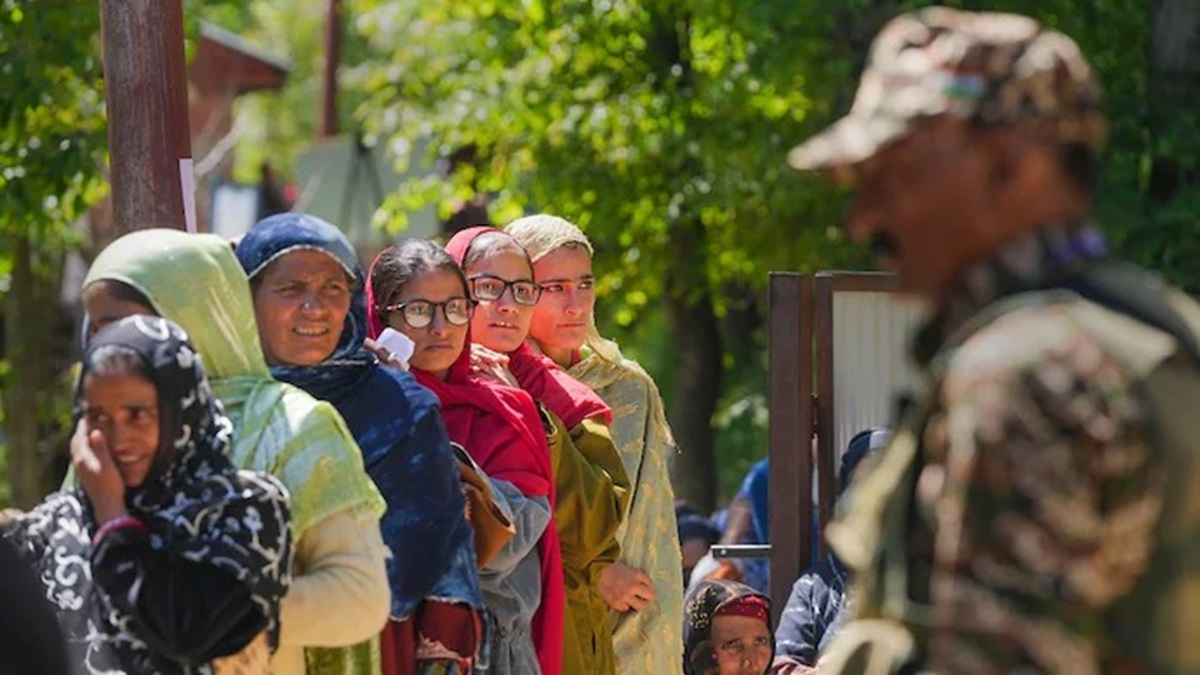[ad_1]
NEW DELHI: In a humanitarian and justice-centred approach, the Supreme Court on Wednesday granted bail to a convict who was unable to pay the surety for his release in a POCSO case. The Court noted that the justice system cannot turn a blind eye to convicts in such situations.
“The justice delivery mechanism cannot be oblivious of the plight of indigent convicts who are unable to provide local surety. For their incapacity to meet the bail terms, the applicant (convict) continues to languish in jail notwithstanding the bail order passed in his favour as far back as on May 3, this year, by this court,” said a three-judge bench of the top court led by Justice Hrishikesh Roy, Justice Sudhanshu Dhulia, and Justice S.V.N. Bhatti.
The bench further added, “It would be a travesty of justice and a violation of Article 21 if a convict cannot get the benefit of a bail order for his inability to furnish local surety. This will infringe the rights guaranteed under Article 21 of the Constitution for the person, who continues to be detained despite a bail order in his favour.”
The Supreme Court granted bail considering the fact that the convict, Ramchandra Thangappan Aachari, had already served more than half of his 10-year sentence in a child sexual assault case.
“Having considered the circumstances here, we deem it appropriate to say that the petitioner (Aachari) be released on bail on his personal bond without insisting on local surety, to ensure compliance with this Court’s bail order of May 3 this year,” the bench stated.
Aachari was sentenced to 10 years in prison in the POCSO case. His counsel submitted to the Court that although the bail order had been passed more than four months ago, the petitioner remained in Kolhapur Central Prison due to his inability to furnish a local surety.
[ad_2]
Source link



















